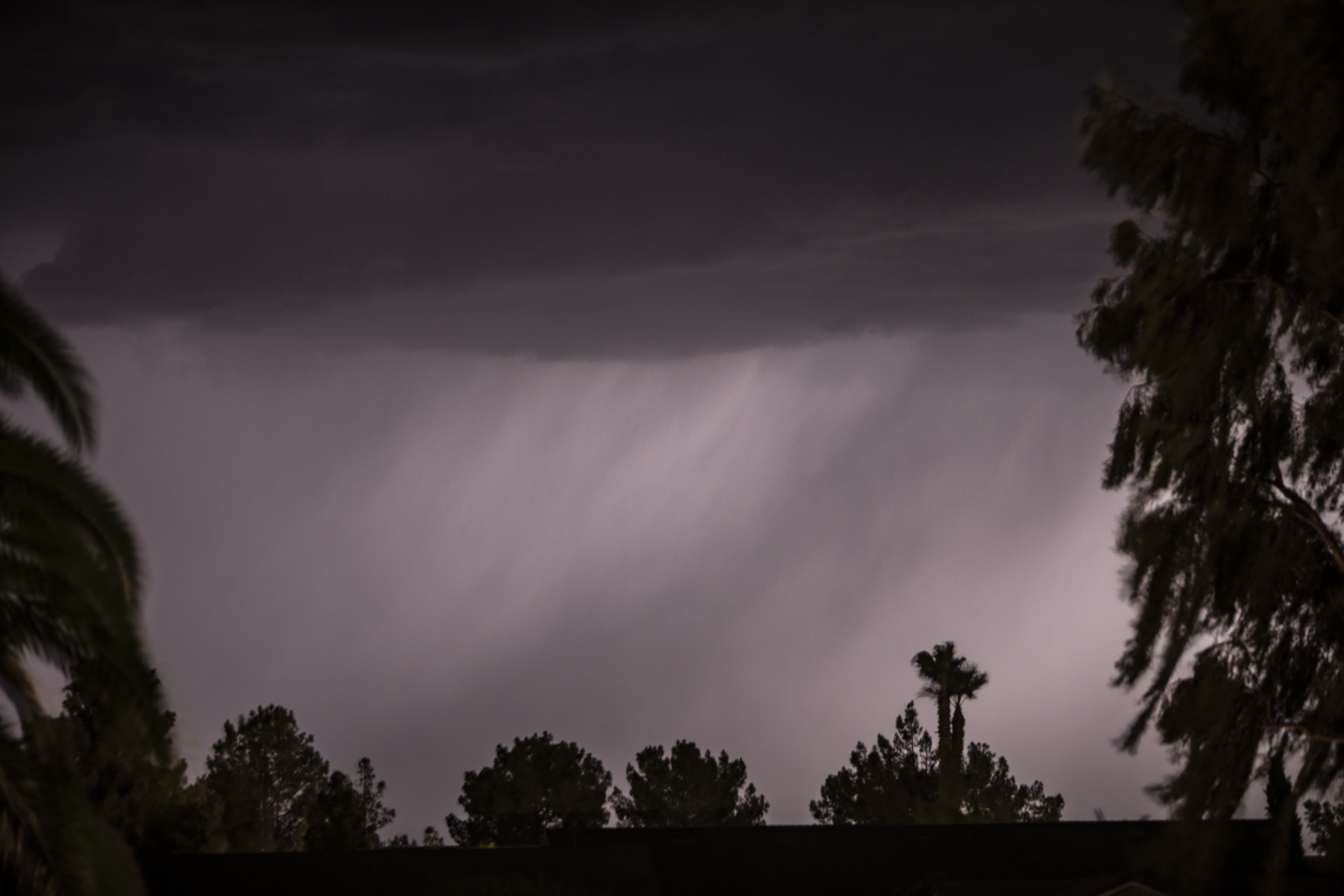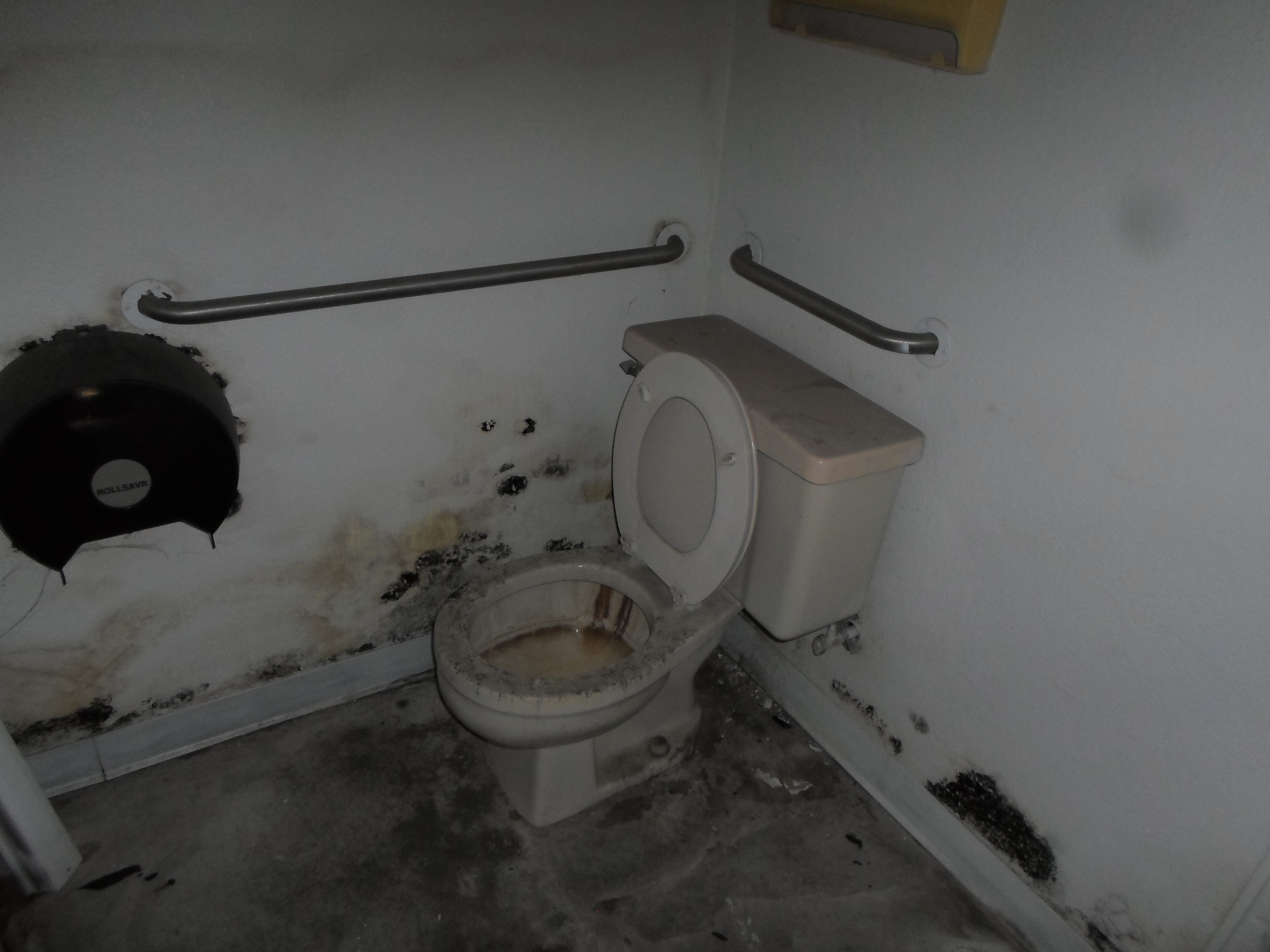The rains are coming, are you ready? Rain water damage can vary from any point in the structure and the higher that entry point is the more damage it can cause. Once water intrusion has been observed please do not hesitate to take actions for correction. We can perform a pre-inspection to check for issues such as grading, landscaping, building penetrations and other critical areas are suitable. We cannot guarantee drainage and irrigation defects due to numerous factors which may present themselves after the inspection or are hidden.
Tag: Mold
Not a mycologist!!!
Anyone performing work or performing an inspection who is not a certified mycologist should absolutely refrain from identifying fungi! This prevents incorrect assessments and possible scares based on an incorrect identification. I’ve been performing inspections for 19 years now and have seen water damage with inorganic particulates that mimicked fungal growth in pattern and structure with lab results indicating no fungal spores present. In addition to causing fear this can cause other problems including law suits and trust me, you don’t want to be in the seat getting roasted because you incorrectly (and not qualified) commented. Please use the term “possible” or suspect when commenting on suspected fungal growth and save a major headache.
Black mold
The term “black mold” is used (sometimes called “toxic black mold”) by the media to sensationalize the mold scare. Sadly this is misapplied to other fungi which are black in appearance. There are several fungi which appear black in color and range from no known human health effects to hazardous. Additionally, fungi can appear different in color depending on the life cycle, substrate and color of the materials it is present on. In reality this must be tested to determine species before any comment is made.
Is your inspector qualified
It is important to ensure your inspector is qualified. I’ve worked with and against many who couldn’t find obvious visible damage and fungal growth that was literally right in front of them. Additionally some inspectors do not have the experience to interpret lab results and apply them to the conditions present, including sensitivity of the persons exposed. Ask your inspector how long they’ve been in the industry, how long they’ve been interpreting results and what type of training they’ve undertaken. Continuing education is also important.
Aegis:
To protect and guide.
Welcome to Aegis Mold & Environmental where we strive to provide the best possible service.


